The struggle pitting Russian President Vladimir Putin's Kremlin against the head of the huge Russian oil company Yukos has analysts and investors concerned about the future of political and economic reform in Russia
Published:
1 November 2003 y., Saturday
The struggle pitting Russian President Vladimir Putin's Kremlin against the head of the huge Russian oil company Yukos has analysts and investors concerned about the future of political and economic reform in Russia.
Of most concern is the belief among some leading analysts that the methods being used in the case are reminiscent of the Soviet era.
In a pre-dawn raid on October 25, Russian secret service agents moved in to arrest Yukos Chief Executive Mikhail Khodorkovsky at gunpoint, while he was on a business trip in Siberia. Mr. Khodorkovsky was flown to Moscow for questioning, and shortly thereafter was charged with seven counts of tax evasion and fraud.
The dramatic move against Russia's richest man made him the third senior Yukos official to be arrested since the crisis over Russia's largest oil company erupted four months ago.
The dispute began in July with the arrest of major Yukos share-holder Planton Lebedev on theft charges, and a wave of raids on Yukos-affiliated companies by Russian prosecutors.
In an escalation of the crisis on Thursday, Russian prosecutors seized a controlling interest in the huge Russian oil company. And President Vladimir Putin's chief of staff, Alexander Voloshin, resigned, amid apparent disagreement over the tactics being used against Mr. Khodorkovsky.
Russian business leaders see the government's moves against Yukos executives as a disturbing trend in law enforcement that could lead to a massive redistribution of assets gained during the privatization of the 1990's, and, they say, economic calamity.
Šaltinis:
voanews.com
Copying, publishing, announcing any information from the News.lt portal without written permission of News.lt editorial office is prohibited.
The most popular articles
 Today, the Commission published a Communication which outlines the most serious tax problems that EU citizens face in cross-border situations and announces plans for solutions.
more »
Today, the Commission published a Communication which outlines the most serious tax problems that EU citizens face in cross-border situations and announces plans for solutions.
more »
 The European Commission has opened a formal investigation under EU state aid rules to examine a number of support measures, including several capital injections and shareholder loans, that the Hungarian authorities granted to Malév-Hungarian Airlines in the context of its privatisation and subsequent renationalisation.
more »
The European Commission has opened a formal investigation under EU state aid rules to examine a number of support measures, including several capital injections and shareholder loans, that the Hungarian authorities granted to Malév-Hungarian Airlines in the context of its privatisation and subsequent renationalisation.
more »
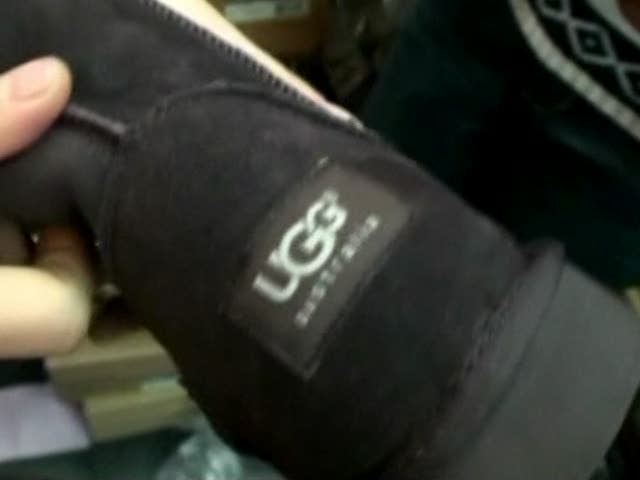 Internet and lax customs enforcement drive growth of 600 billion US dollar counterfeit goods industry.
more »
Internet and lax customs enforcement drive growth of 600 billion US dollar counterfeit goods industry.
more »
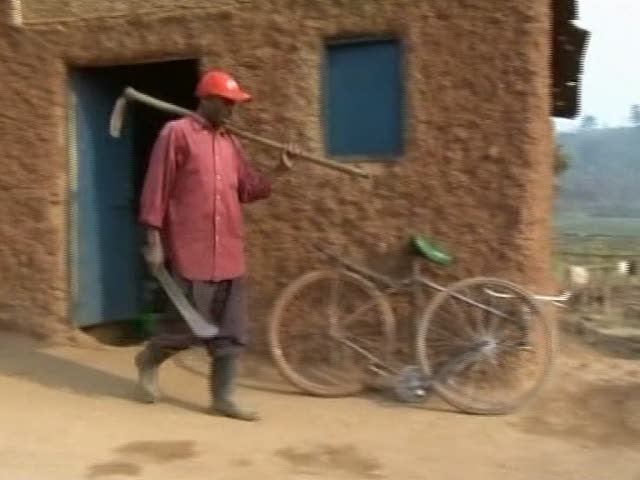 350 million people rose out of poverty in the past decade, but 1.4 billion are still extremely poor, says the latest report into rural poverty.
more »
350 million people rose out of poverty in the past decade, but 1.4 billion are still extremely poor, says the latest report into rural poverty.
more »
 New plan sets out action to reach 75% employment target for the EU by 2020.
more »
New plan sets out action to reach 75% employment target for the EU by 2020.
more »
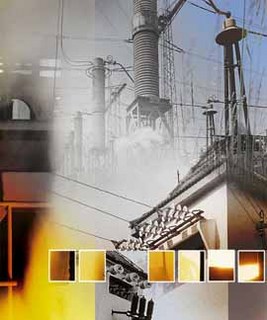 Research Ministers of the EU Member States and Associated Countries, together with the European Commission, are announcing in Brussels today three new pan–European energy research infrastructures.
more »
Research Ministers of the EU Member States and Associated Countries, together with the European Commission, are announcing in Brussels today three new pan–European energy research infrastructures.
more »
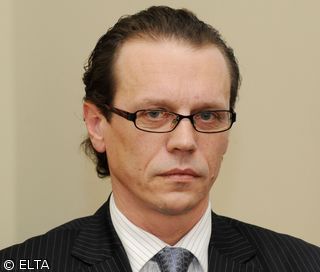 Algirdas Šemeta, Commissioner for Taxation, Customs, Audit and Anti-fraud, is visiting Moscow today to discuss ways in which customs cooperation between the EU and Russia can be reinforced.
more »
Algirdas Šemeta, Commissioner for Taxation, Customs, Audit and Anti-fraud, is visiting Moscow today to discuss ways in which customs cooperation between the EU and Russia can be reinforced.
more »
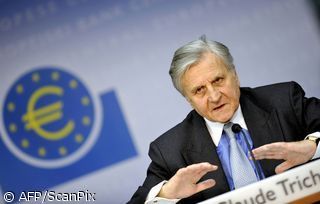 Following on from Monday's debate with ECB President Jean-Claude Trichet, MEPs on Tuesday adopted a resolution, by a show of hands, gauging the ECB's performance in 2009 and suggesting actions to be taken in view of the economic situation.
more »
Following on from Monday's debate with ECB President Jean-Claude Trichet, MEPs on Tuesday adopted a resolution, by a show of hands, gauging the ECB's performance in 2009 and suggesting actions to be taken in view of the economic situation.
more »
 The European Parliament today approved €10.5 million in European Globalisation Adjustment Fund aid to over 3,000 people in the Netherlands who lost their printing and publishing sector jobs last year, due to the economic crisis.
more »
The European Parliament today approved €10.5 million in European Globalisation Adjustment Fund aid to over 3,000 people in the Netherlands who lost their printing and publishing sector jobs last year, due to the economic crisis.
more »
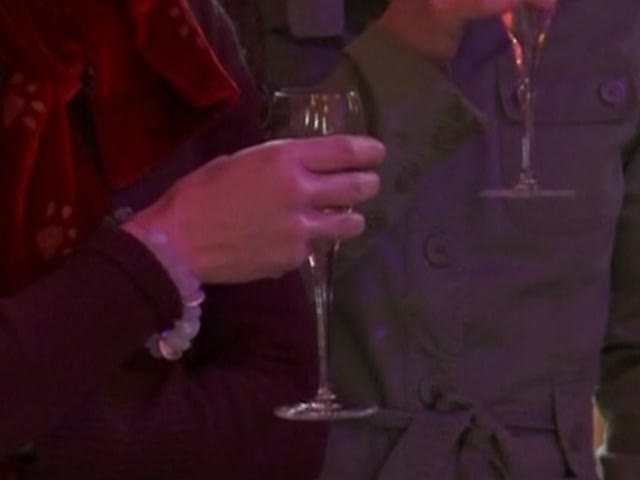 A diamond-studded gold coin engraved with a picture of the Taj Mahal and worth 100,000 euros is unveiled at the Paris mint.
more »
A diamond-studded gold coin engraved with a picture of the Taj Mahal and worth 100,000 euros is unveiled at the Paris mint.
more »